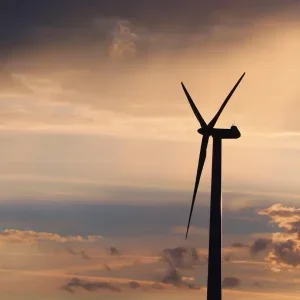
The Government of Ghana has reached a transitional agreement with Goldfields Ghana Limited to extend operations at the Damang mine for an additional year, a move aimed at safeguarding jobs and sustaining production while exploring long-term viability.
According to a statement issued, a new 12-month mining lease will be granted to Abosso Goldfields Limited, a subsidiary of Goldfields, as part of a transitional arrangement pending parliamentary ratification expected in May 2025. The agreement allows for the continuation of open-pit mining alongside stockpile processing, which will be overseen by a joint government-company management team.
The interim framework is designed to enable both parties to conduct feasibility studies to assess the mineral reserves and future potential of the Damang site. Government officials noted that the strategic decision is not only about immediate economic continuity but also forms part of a broader effort to transfer mining operations into Ghanaian ownership over time.
Felix Kwakye Ofosu, Spokesperson to the President and Minister for Government Communications, who signed the statement, noted that “the Government of Ghana and Goldfields have committed to working together in good faith to ensure a seamless transition and the long-term sustainability of mining operations in the country.”
The Damang mine, which had faced uncertainty following the lapse of its previous lease, is now set for a revival—at least temporarily. The arrangement is said to be widely considered a bridge between existing foreign operations and Ghana’s ambitions for greater local control in its mining sector.
In addition to the Damang lease, the agreement signals intent to commence early negotiations on the Tarkwa mine lease, which expires in 2027. Both parties are said to have pledged to collaborate toward enhancing Ghana’s image as a preferred destination for mining investments, amid rising scrutiny over resource nationalism and community benefit frameworks.
The announcement comes at a time when Ghana is seeking to recalibrate its natural resources strategy by encouraging local participation, streamlining regulations, and strengthening governance in the extractive sector.
Industry analysts suggest that while the transitional lease provides breathing space, the success of the eventual handover will depend on the robustness of feasibility assessments and the government’s ability to identify credible Ghanaian operators to take over the mine.
The coming months will prove critical as Parliament reviews the transitional lease and as stakeholders await the outcome of feasibility studies, which could determine whether Damang remains a symbol of successful resource governance or becomes a cautionary tale in Ghana’s mining narrative.






